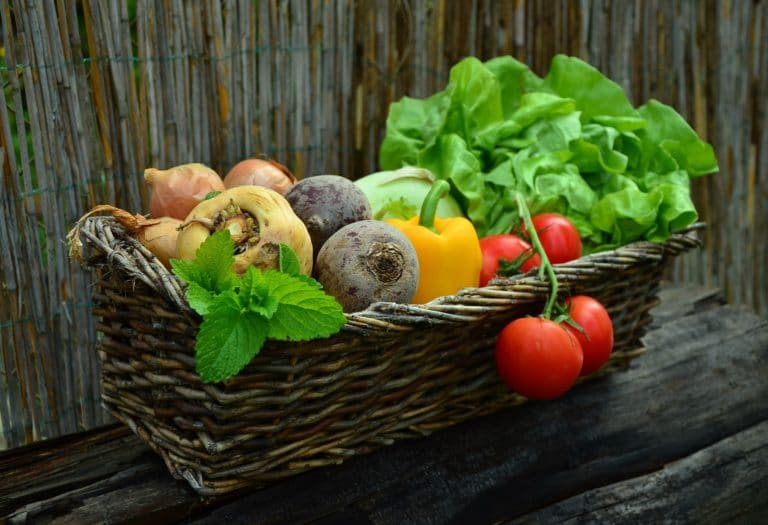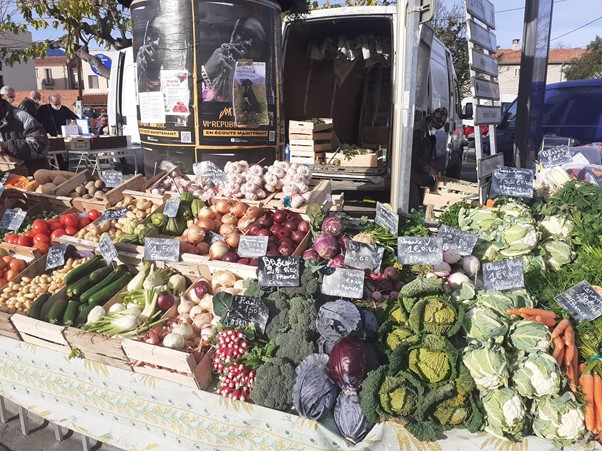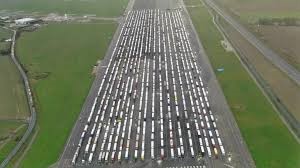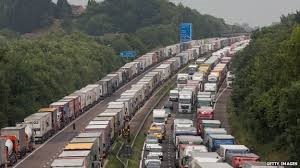
Much has been written in all the catering publications over the years about the use of fresh, seasonal and local ingredients. As a chef I know the importance of using fresh ingredients and seasonal where possible, although the availability of produce all year round means customers are demanding their favourites even when not strictly in season. Which brings us to local. With so many calls for protection of the environment, the distance our food travels has become ever more important. A situation has recently been highlighted which helps bring it all into focus.
As everyone is aware 2020 has been a difficult year. Back in the spring as international borders started closing many people started stocking up on supplies and pictures of panic buying in the supermarkets were shown on the television news every evening. There was a genuine worry that our food supplies would not get through. Where I live in France local food markets were allowed to remain trading and were well supported. These markets almost exclusively sell local produce, often from small producers or farmers within a 30 km radius – we even have a local ostrich farmer!

The advantages of buying fresh and seasonal are obvious. The results when cooked are superior to anything that has been frozen or has been force grown out of season. We import a lot of frozen lamb from New Zealand, which is a great product, but when compared to fresh, in-season English or French lamb there really is no competition. With global trade markets the availability of seasonal produce is available all year round. I am able to buy fresh asparagus from Peru in November and strawberries from the Southern Hemisphere in December.
Unfortunately, when transport links are disrupted we quick;y realise that not all our food is local. Just before Christmas France closed the border to the United Kingdom because of a new variant of Covid. Chaos ensued within a few hours. On any normal day upto ten thousand freight lorries can cross the short stretch of water between England and France, with the majority passing through the port town of Dover.
When those lorries stop moving Dover becomes gridlocked and the motorway (M20) leading back to London becomes a lorry park. Known as Operation Stack the M20 is frequently used to hold lorries if, for any reason, the ships from Dover are unable to sail. This time because it was so close to the Christmas holiday the volume of lorries stuck on the approach to the port was incredible.
So much so that three to four thousand lorries were diverted to a disused airfield, where they stayed with their drivers for the following three days while waiting for the French authorities to reopen the border. Many of those lorries were transporting fresh food for delivery to the supermarkets in time for Christmas and were due to make a return trip back to the UK with fresh supplies for the British supermarkets.

These scenes were being played across the news channels in both Britain and France and were extremely relevant, not just to the Christmas trade, but also to the possibilities of future trade between Britain and the European Union in light of the impending Brexit. The United Kingdom is due to leave the EU on January 1st 2021 and at the time of the border closure a trade deal between the two had not yet been agreed. The scaremongers in Britain have long said that there would be chaos at the port of Dover for lorries arriving and departing with food after Brexit had been achieved. It certainly looked as if they were about to be proved correct!

So how far does your fresh food travel? Britain is dependant on vegetables grown in Southern Spain, Spain and France are dependant on fish caught in English territorial waters along with fish farming in Scotland and Greece. Currently upto 48% of all food in Britain is imported of which 74% comes from the European Union including dairy, fresh and processed fruit and vegetables, and fresh and processed meat. The remaining 26% of food imports comes from the rest of the world. It is well known that America would like to open more food trade with the Uk after Brexit, meaning our food is once again travelling further.
If consumers were more knowledgeable and packaging was clearer about where food originated, would people buy more local produce and consider the environmental impact of what they are purchasing. Or have we got so used to the availability of exotic foods from around the world all year round that the global trade and distance travelled by our food will continue to increase?